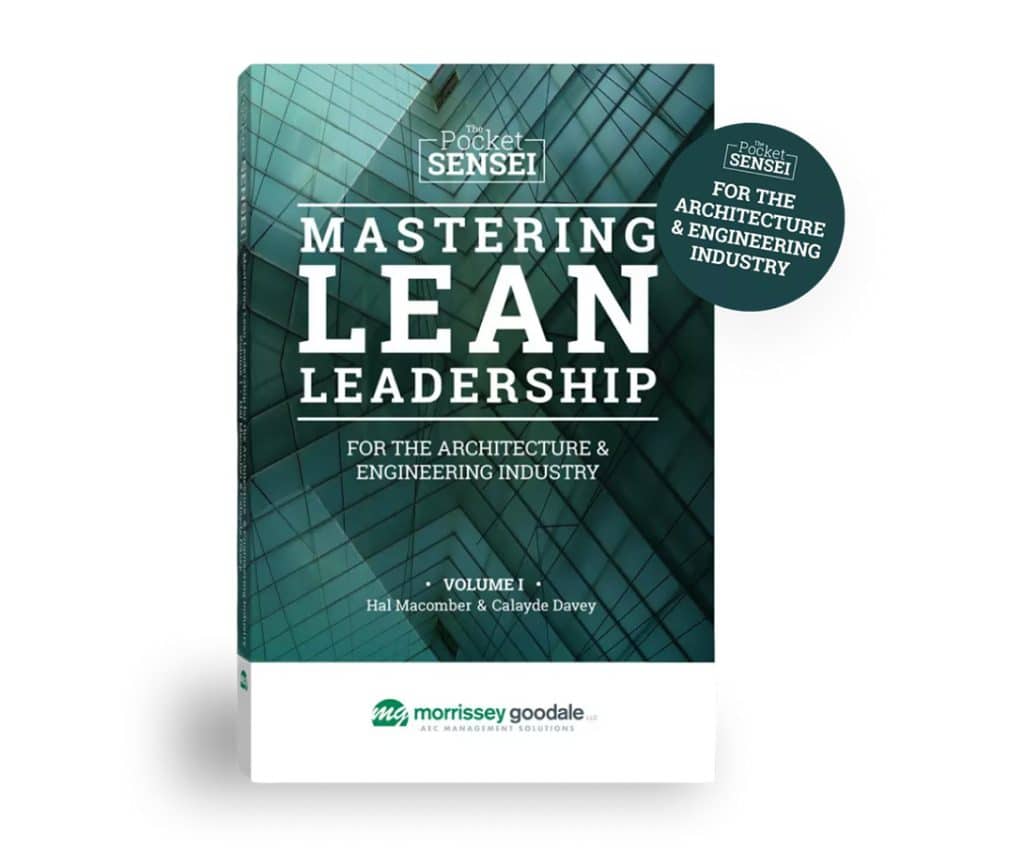AE Leadership Letter > Volume 11, Issue 1
AE Leadership Letter: Volume 11, Issue 1
Bringing you new ideas for impacting people performance including the latest on company culture, work-life balance, time management, developing next-generation leaders, and new management ideas being implemented in other industries

In This Issue
leadership lab
The Road Warrior
Tick, Tick, Tick
LEADERSHIP LAB – New management ideas at work
New Book Touts Virtues of Failure
Fail better
While bookstore shelves teem with business best-sellers chronicling corporate successes, Harvard Business School Professor Amy Edmondson’s new book, Right Kind of Wrong: The Science of Failing Well, takes a different tack. Edmondson touts the virtues of failures—and how they can often offer more value than successes. “In our lives, and in our organizations, most of us would benefit from experiencing more failures, not fewer,” she argues.
Fail smarter
Edmondson isn’t advocating that companies embrace careless mistakes or preventable accidents—which could have particularly catastrophic consequences for architecture and engineering firms—but rather what she calls “intelligent failures.” According to Edmondson, a failure can be deemed “intelligent” if it occurs in new territory, in pursuit of a goal, if there’s good reason to think what was tried might have worked, and if the experiment was sufficiently small with limited financial, reputational, or safety risks.
Fail comfortably
Edmondson notes that “most successful people in every field have healthy relationships with failure.” Think scientists, elite athletes, or technology innovators. They’re not only comfortable with failing, but with dissecting those failures as well. However, most of us don’t learn as much from our stumbles as we should for four reasons, according to Edmondson. The first is an aversion to closely analyze failures and understand exactly what to do better. The second is a disbelief that people learn more from failures than successes. The third is a tendency to conduct superficial analyses that produces insufficient takeaways such as simply trying harder. The fourth is that embarrassment from sharing failures with entire teams limits those teams’ abilities to learn.
Fail safer
Only if failures are reported can benefits be obtained. In her prior research, Edmondson had discovered something counterintuitive—the best-performing teams also reported the most errors. That’s because employees knew their corporate cultures wouldn’t penalize them for reporting mistakes. Edmondson says companies need to foster cultures in which it’s psychologically safe to take smart risks and conduct extensive post-mortems after every failure. She advises firms to approach failures with “curiosity and growth” instead of “fear and shame.”
The Road Warrior – Travel tips for firm leaders
The Perks of Virtual Credit Cards
What’s not in your wallet?
When it comes to paying for business trip expenses, some road warriors are ditching their plastic corporate cards in exchange for virtual credit cards. While tied to physical card accounts, virtual credit cards have their own unique numbers, expiration dates, and security codes. American Express, Capital One, and Citi are among the credit card issuers offering virtual cards, which can be created through issuers’ corporate websites or internet browser extensions. Although designed for online use, virtual credit cards can be added to smartphone digital wallets.
Virtual credit card advantages
The biggest advantages of virtual credit cards are enhanced security and convenience. With 17% of business travelers reporting that they have been victims of credit card fraud at least one time, according to BCD Travel, virtual credit cards offer companies extra layers of protection. Without the need to carry physical cards, there is reduced risk of theft or loss. In addition, the physical card data can’t be stolen by skimmers or exposed in data breaches. Seamless integration with accounting and expense management systems gives companies greater visibility into spending and improved cash flow management. Since companies can set spending limits, expiration dates, and merchant category restrictions on virtual credit cards, they can gain more control over business travel expenditures.
Poised for growth
Despite their benefits, virtual credit cards still account for a tiny percentage of business expenses. Not every credit card company issues them, and many vendors are not equipped to accept them. According to BCD Travel, only 1% of business travelers have used virtual credit cards. This is likely to change, however, with the increasing digitization of B2B payments. According to a July 2023 survey of 1,000 business travelers by American Express, 73% of virtual credit card users predict they will increase their use in the coming year, and 82% of companies that haven’t used them before said they are likely to consider their use in 2024.
Tick, Tick, Tick – A snapshot of time management techniques
The Truth Behind the 5/25 Rule
The air-riddled story
Perhaps you’ve come across the story on a LinkedIn post or business website. One day, Warren Buffett’s personal pilot asked the billionaire investor for some career planning advice. The “Oracle of Omaha” instructed his pilot to write down 25 career goals and then circle the 5 most important items on that list. While the pilot still figured he could still devote intermittent time to those 20 lesser priorities, Buffett disabused him of the notion and instead told him to cross out those 20 items and devote zero time and attention to them. Time given to anything other than the top five priorities were to be avoided at all costs. Buffett said that when the top goals were achieved, the process could be repeated to establish a new list of five priorities. The general concept behind the “5/25 Rule” could also apply to lists with fewer goals and shorter timelines.
Zero recall
Alas, as with many stories that do the rounds on the internet, the origin tale of the 5/25 Rule is apparently apocryphal. When asked about it at a 2013 Berkshire Hathaway shareholder meeting, Buffett had no knowledge of any such conversation with his pilot and added: “I’ve never made lists. I can’t recall making a list in my life.”
Stop motion
The debunking of the backstory doesn’t diminish the time management principle behind the 5/25 Rule and the value of focusing time and energy on only the highest of priorities. Jim Collins advocates the creation of “stop doing” lists. Peter Drucker dubbed non-priorities on such lists “posteriorities” and wrote, “If you want to start something new, you have to stop doing something old.” And as it turns out, Buffett does actually practice his own ruthless prioritization. “The difference between successful people and really successful people is that really successful people say no to almost everything,” he has said. And while he didn’t originate the 5/25 Rule, Buffett was intrigued upon hearing about it, acknowledging, “It sounds like a very good method of operating.”
June 12-14, 2024 Las Vegas, NV
Western States M&A and Business Symposium
Join us for the 10th annual Western States Symposium, bringing together over 200 AE and environmental industry executives and investors in one of the world’s most vibrant and iconic cities.
Learn More

Searching for an external Board member?
Our Board of Directors candidate database has over one hundred current and former CEOs, executives, business strategists, and experts from both inside and outside the AE and Environmental Consulting industry who are interested in serving on Boards. Contact Tim Pettepit via email or call him directly at (617) 982-3829 for pricing and access to the database.
Are you interested in serving on an AE firm Board of Directors?
We have numerous clients that are seeking qualified industry executives to serve on their boards. If you’re interested, please upload your resume here.
Subscribe to our Newsletters
Stay up-to-date in real-time.










